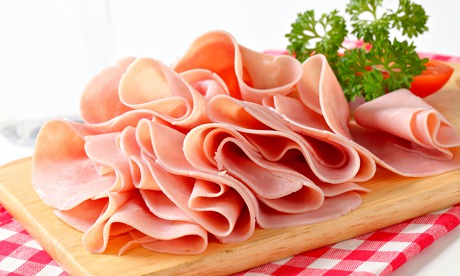 al surveillance programme by the laboratory as part of standard checks on products that are prone to counterfeiting The Guardian reports.
al surveillance programme by the laboratory as part of standard checks on products that are prone to counterfeiting The Guardian reports.The tests revealed that up to 40 percent of some 400 foods tested were either mislabelled, contained additives that are not permitted in the EU, or were simply not what they were advertised to be.
The laboratory told The Guardian that one herbal slimming tea tested did not actually contain any tea, and instead consisted of glucose powder that was combined a prescription obesity medication at over 13 times the recommended dose. Other findings included beef mince that contained poultry or pork products and juice that contained brominated vegetable oil which is designed to be used as a fire retardant.
Counterfeit alcohol was also found to be sold with one test revealing that a bottle of vodka was made from isopropanol, something which is commonly used as an industrial solvent.
The laboratory sourced the products from vast range of fast-food restaurants, independent retailers and larger stores to ensure that the sample was unbiased.
Dr Duncan Campbell, a West Yorkshire public analyst said that the findings are ‘disturbing’.
“We are routinely finding problems with more than a third of samples, which is disturbing at a time when the budget for food standards inspection and analysis is being cut,” Campbell told The Guardian.
A spokesperson for DEFRA – the Department for Environment, Food and Rural Affairs in the UK told The Guardian that the government takes food fraud very seriously.
"There are already robust procedures in places to identify and prevent food fraud and the FSA has increased funding to support local authorities to carry out this work to £2m," said the spokesperson.
"We will continue to work closely with the food industry, enforcement agencies and across government to improve intelligence on food fraud and clamp down on deliberate attempts to deceive consumers."





